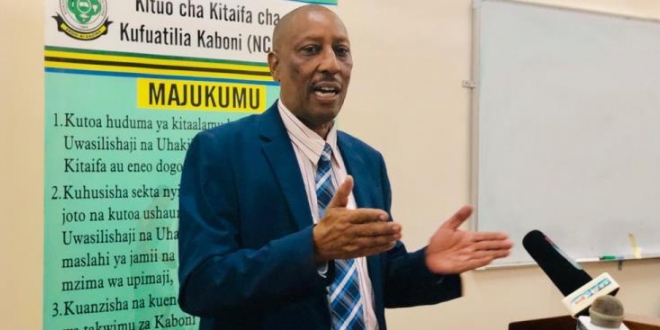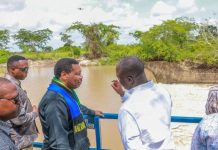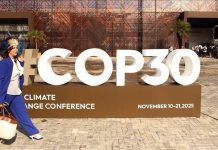AfricaPress-Tanzania: THE Draft National Climate Change Strategy 2021 – 2026 is on the brink of being validated, after incorporating inputs from stakeholders for refinement and finalization.
In his opening speech at a validation workshop held in Morogoro on Wednesday, the Permanent Secretary in the Vice President’s Office, Joseph Malongo said there is urgent need of taking collective action at the global, regional, national and local levels to deal with climate change.
Tanzania has been facing a number of climate change challenges that threaten the livelihoods of its people and wider socio-economic development, he stated in a speech read by a VPO Assistant Director, Catherine Bamwenzaki.
“These impacts are manifested through increasing temperature, decreasing rainfall, sea level rise, increasing frequency and intensities of extreme weather and climate events especially floods and droughts, with devastating socio-economic and ecological implications,” the VPO address elaborated.
Analysis of recent climatological data and observational evidence from local communities is overwhelmingly supportive of signs of increased climate variability and climate change over most parts of the country, the presenter noted..
Increasing temperature, notably over highland areas are observed in most parts of the country, along with late rainfall onset and early cessation, decreasing rainfall amounts and seasonal shift in rainfall patterns becoming more common, he said..
“As a result the world is already witnessing more frequent and severe weather events, changing rainfall patterns, and sea level rise. Farmers are no longer certain as to when to engage in their different farming activities. Furthermore pests’ invasion in agriculture has been a big challenge,” he affirmed.
Climate change threatens to increase the frequency and severity of natural disasters – which have already cost the global economy over two trillion dollars for the past two decades. Small Island Developing States like Zanzibar and coastal lowlands are seeing the encroachment of sea water on their lands and ground water, he pointed out.
These are examples of impacts of climate change, being felt all over the world but a top-heavy burden from these events is being shouldered by the poorest and most vulnerable people, and by vulnerable countries which lack the means to adapt to what is happening, he asserted.
“Climate action is a concern of the whole society. The role of government is vital, but other stakeholders, including the development partners, private sector, civil society organisations, academics and research should play their part. This will require massive collaboration across all sectors,” he emphasised. “However, in order to implement climate action, adequate finance is needed for adaptation, mitigation, and sustainable development in general. International support to developing countries to access different financing streams is vital,” he added.







